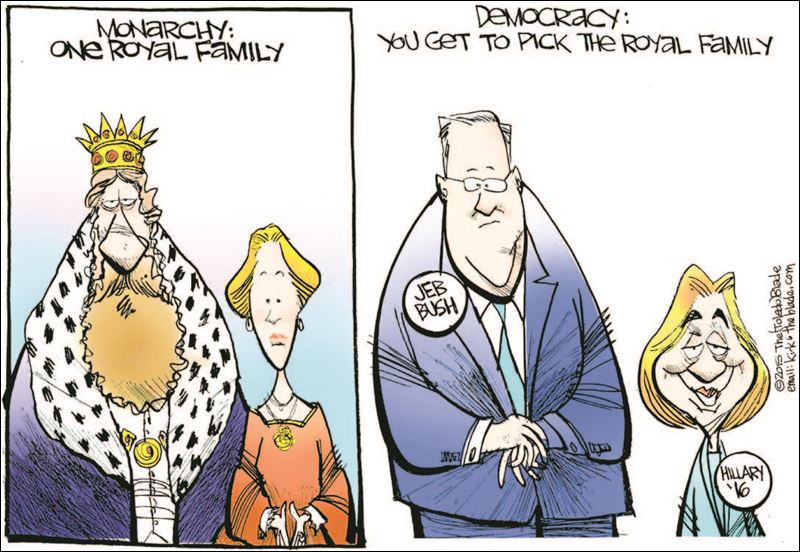By now, Churchill’s wit,
eloquence, and bluntness has been analyzed ad nauseam over the course of this
blog. However, we’ve merely scratched the surface. Admittedly, there are only
so many aphoristic snippets from anyone that are worth repeating over and over,
but whenever Churchill spoke, he carried with him an impressive delivery style
that demonstrated his command of the English language. I encourage you to
read/watch some of Churchill’s speeches and try to mimic his presence.
As much as cam be gleaned from
raving about Churchill overall, it would be remiss to not analyze a quote this
week. This week’s quote has been earmarked for weeks as the final quote. For
me, this is the most influential and impactful of the quotes that I’ve analyzed
over the course of this blog. Pithy, meaningful, and stylistic, this quotation
is the coup de grâce in proving Churchill’s value as a speaker.
Churchill
pointed out that “Success is not final, failure is not fatal: it is the courage
to continue that counts”. Often attributed to a variety of different speakers,
it’s impossible to know definitively whether or not Churchill spoke these
words, but they fit his style so well that it is easy enough to accept them as
his.
As I’m sure
you can probably repeat back with me at this point, Churchill utilizes a
two-clause approach in the vast majority of his quotes. In this one, the first
clause is again split down the middle. He first asserts that success isn’t
final: no matter how rich/happy/whatever you define success as you are, it is
fleeting and could disappear at any time. With contrast, he also proclaims that
failure is not fatal. One mistake or a simple error, no matter how costly, will
not ruin you for life. Similar to success as not being final, Churchill is
basically pointing out that failure is also temporary, but he stylistically
chooses to describe failure in terms of fatality.
Having established
that both success and failure are impermanent conditions, the reader is left in
a void – nothing they can accomplish or do (everything is either a success or
failure, in some sense) will last. What then, truly matters? Having framed this
question for his audience, Churchill goes on to answer it, declaring that the
courage to continue is what counts, a lovely bit of alliteration that drives
home his point with flair. Success will manifest, but will eventually disappear.
You will fail, but it won’t ruin you. As long as you have the motivation,
mettle, and moxie to get back up again and keep pushing through, you’ll be just
fine. Another variation of this quote describe getting knocked down seven times
and getting up eight.
As long as you
have the courage to continue, you’ll make it in this world. With that in mind,
don’t give up on your hopes and dreams. Don’t play life safe. Go out there and
do something big with your life. Make an impact on someone. Change the world.
Fail, but learn from your mistakes. Always make sure you have the courage to
continue. That’s what counts.
